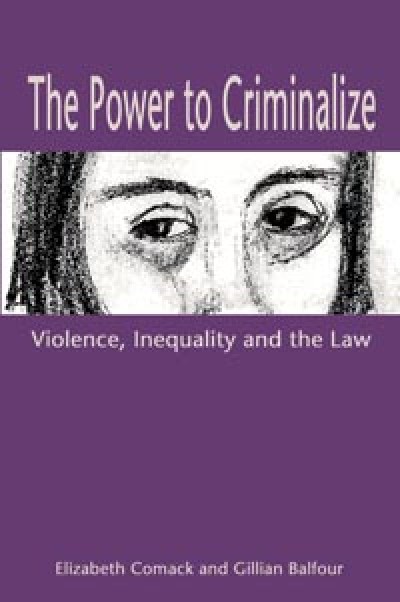
Gillian Balfour
Gillian Balfour is Associate professor in the Department of Sociology at Trent University.
Gillian recently completed a PhD in sociology at the University of Manitoba where she examined the role of lawyers in the criminalization of men and women accused of violent crimes. Her PhD research examined the practice of law as a social act that is constrained and enabled by socio-political interests of “law and order,” professional codes of conduct, and the identities of victims and offenders and the meaning of violence that are encoded with stereotypes of whiteness, Indianness, dangerousness, poverty, heterosexuality, femininity and masculinity.
Her research interests include law reforms in the areas of domestic and sexual violence, women, crime and social justice, feminist criminology and Aboriginal peoples in the criminal justice system. Gillian teaches Sociology of Law, Feminist Criminology and Introductory Sociology.
Books by Gillian Balfour
Criminalizing Women, 2nd edition
edited by Gillian Balfour and Elizabeth ComackUnderstanding Societies
edited by Gillian BalfourThe Power to Criminalize
by Gillian Balfour and Elizabeth Comack




